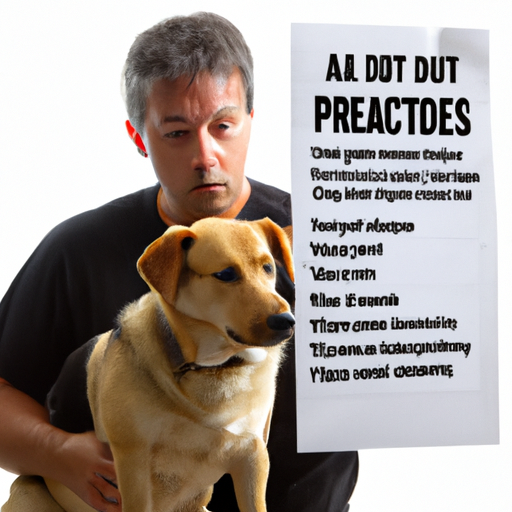Introduction
Hello there, dear caregiver. You’re probably here because you share a home and a heart with a furry friend, and you want to ensure their well-being. Isn’t it fascinating how we, as humans, can form such deep connections with beings that don’t share our language? But love speaks volumes, doesn’t it? Well, if you’re here, it’s likely you’re concerned about the impact of peanut butter on your canine companion. Let’s dive in.
What Makes Peanut Butter Dangerous?
Firstly, it’s important to note that not all peanut butter is harmful to dogs. But when it is, it’s usually because of one particular ingredient: Xylitol. Xylitol is a sugar substitute often used in foods to keep the sugar content low while maintaining a sweet taste. It’s perfectly safe for humans, but for dogs, it’s a different story.
- Xylitol: Xylitol can cause a rapid and severe drop in a dog’s blood sugar levels, leading to symptoms like weakness, vomiting, loss of coordination, and in severe cases, seizures and liver failure.
Why Is Xylitol In Peanut Butter?
You might be wondering, “Why would manufacturers put something harmful to dogs in peanut butter?” The answer lies in our own health consciousness. As we humans strive for healthier lifestyles, we seek out low-sugar or sugar-free products. Xylitol offers a solution for us, but unfortunately, it can be deadly to our canine companions.
How To Choose A Safe Peanut Butter For Your Dog
Choosing a safe peanut butter for your dog can be a daunting task, especially with the vast array of options on the market. Here are a few tips:
- Check the ingredients: Always read the label. Avoid products that list xylitol or any other artificial sweeteners.
- Go natural: Opt for natural or organic peanut butter. These usually have fewer ingredients and are less likely to contain xylitol.
- Avoid added sugars and oils: Even if a peanut butter doesn’t contain xylitol, it might have other unhealthy additives. Look for peanut butter with minimal ingredients.
| Safe Ingredients | Unsafe Ingredients |
|---|---|
| Peanuts | Xylitol |
| Salt | Added Sugars |
| Added Oils |
To Share Or Not To Share
It’s a common sight – a dog owner sharing a spoonful of peanut butter with their pet. But should you do it? If you’ve checked the label and you’re sure it doesn’t contain xylitol, the occasional spoonful won’t harm your dog. However, remember that peanut butter is high in fats and calories, so it should be used sparingly.
FAQ
Q: Can I give my dog peanut butter every day?
A: While peanut butter can be a great treat, it’s high in fats and should be given in moderation.
Q: How can I tell if my dog has eaten something containing xylitol?
A: Symptoms of xylitol poisoning can include vomiting, weakness, lack of coordination, and seizures. If you suspect your dog has consumed xylitol, contact your vet immediately.
Q: Is there a specific brand of peanut butter that is safe for dogs?
A: There’s no one-size-fits-all answer. It’s crucial to always check the label for xylitol and other harmful ingredients.
Q: Can dogs eat other nuts?
A: Some nuts, like almonds, can pose a choking hazard or cause gastrointestinal upset. Always consult with your vet before introducing new foods into your dog’s diet.



